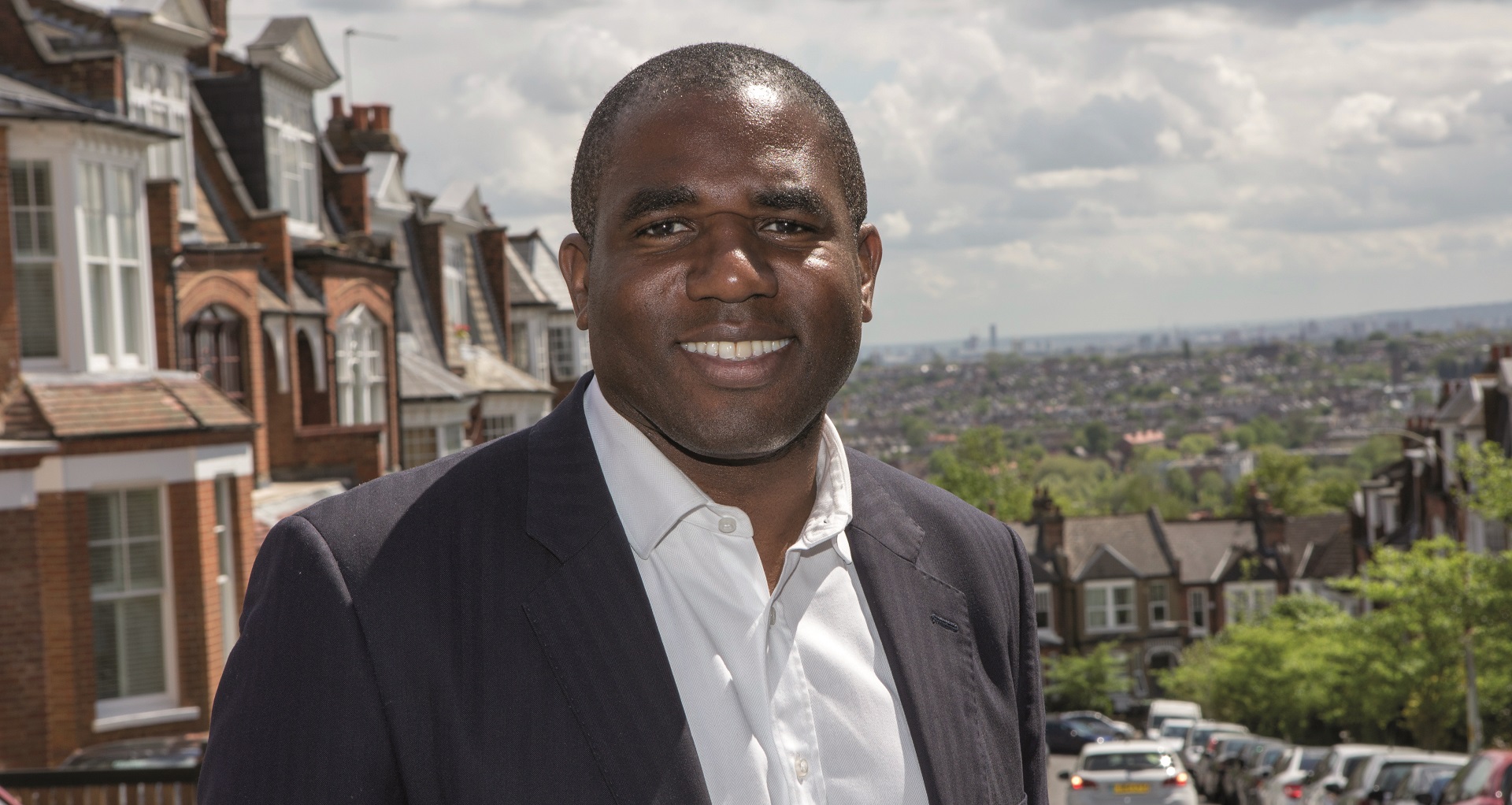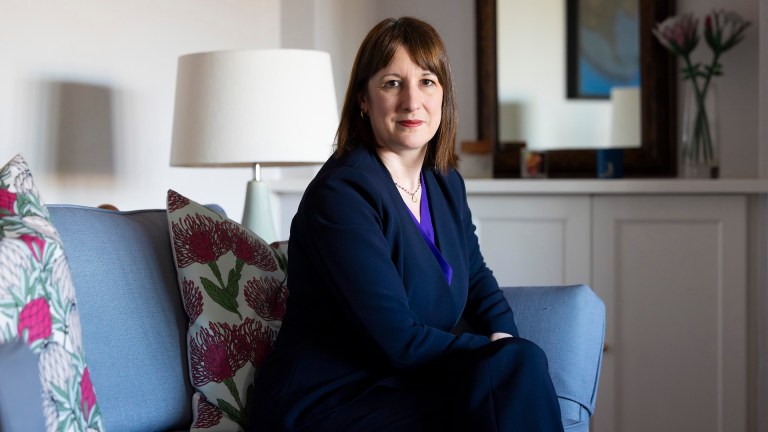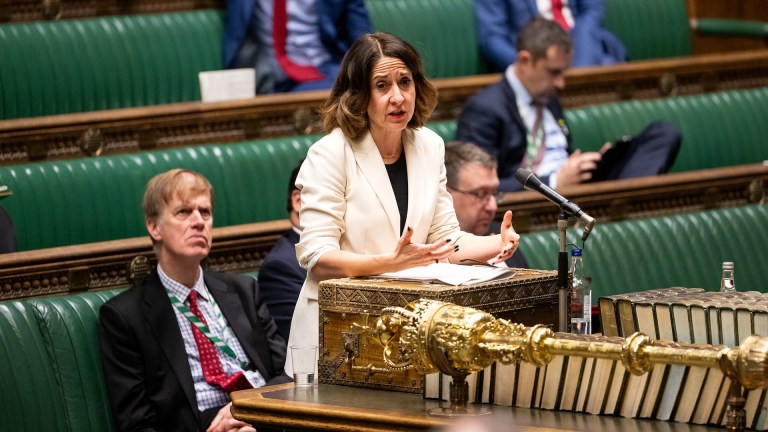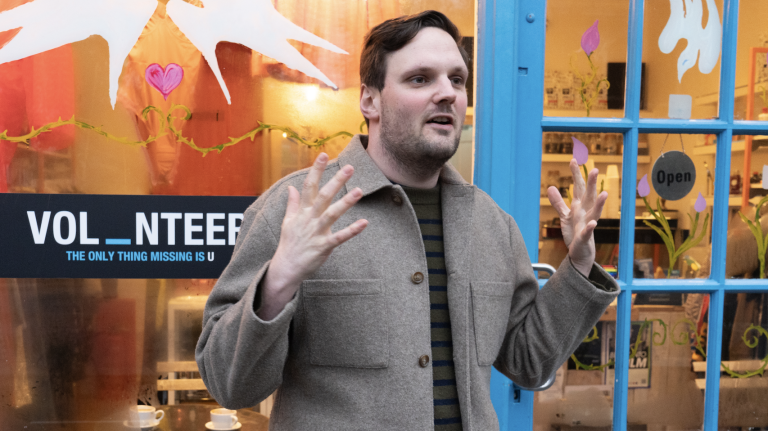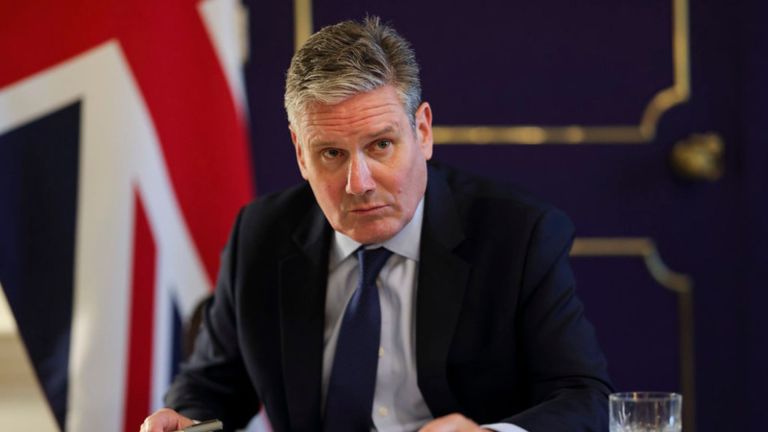By the time I was 16 I knew I wanted something more than my parents had but I didn’t quite know how I would get it. I was precocious but I was also really sensitive, hypersensitive. My dad had left my family four years before and I never saw him again. That left a big gaping hole. My mother worked really hard doing two or three jobs. We lived in Tottenham, in the inner city, with not a lot of money. And there was a lot of racism. Then I had this opportunity to go to a good boarding school in Peterborough which gave me an imposter syndrome; I was growing insecure about who I was and my place in the world because I was living parallel lives between Tottenham – black, urban, poor – and Peterborough – more middle class, middle England and aspirant.
I was aware my mother and father did not have the best relationship. In the early 1980s it was not unusual for West Indian Caribbean families who had arrived in Britain on the Windrush to move on to Canada or the United States to find better opportunities. My dad said he was going off to look for those opportunities for us. And then he sort of drifted out of contact and that was it. I felt quite a lot of shame. This was an era when growing up in a single-parent home was unusual and there was a lot of stigma attached to it. And beyond that, I think there was just a grief and loss and confusion and deep insecurities about how we would cope without him. I think the questions about his love were definitely there in my psychology – that’s why I felt insecure and I was so sensitive – but I couldn’t have articulated those at the time. For a long time I thought he would come back. I imagined seeing him driving past in a car looking out for us.
My mother was incredible. She was my best friend. She was my inspiration. She was a country girl at heart, she could be quite shy, but I could see how much she wanted me and my siblings to succeed. She left school at about 14 but I know she would have loved to have stayed on and gone to university. She was very keen on education. She was a very loving woman. She loved children and young people. She could be very funny. She loved to laugh, she loved to dance, she loved to dress to go to church. I was very, very blessed in my mother because I definitely had about three women combined. She’s no longer with us but I’m very, very grateful to have had her as a mother.
Football was quite important to me growing up. It was the era of Spurs winning the FA Cup in ’81 with Ossie Ardiles and Glenn Hoddle. Spurs were huge and in a way, because we were growing up in the inner city and there were riots, the fact that we had such a great football team meant the world to us, it was something really positive. My dad took me to the football. And I had an uncle who took me to Arsenal so I take my boys [to Spurs games] today, because it somehow continues a tradition, even though my father left. I identify hugely with Tottenham. I’m one of those people who hasn’t moved very far from where I was born. A lot of people leave their village, their city, and they don’t look back. I’m not one of those people.
I wanted to do many things when I was younger. At one point I wanted to be a pilot, then I wanted to be a priest. Then I wanted to be a judge, so I landed on law. I started to realise I had the gift of the gab, that I was blessed with the ability to talk and communicate. And I wanted to help people fight injustice. But with law you’re helping people one case at a time. If you’re more political you start to ask bigger questions about why this person is in jail or why this business has gone bankrupt. Why the world is like it is. So I began to think about becoming a politician. But being a politician is not easy to achieve. After I went to Harvard I came back to Britain to stand, first as an assembly member in the GLA. Then [in 2000] Bernie Grant lost his life and I decided to put my name forward to represent his Tottenham constituency. I felt very strongly that I was the best person to do it. I thought, I know this community, I could speak on their behalf.
I receive a tremendous amount of abuse. On social media particularly, I receive death threats. You do need tremendous fortitude. I’ve got a fantastic family and fantastic friends and I feel very supported here in London. But as robust as I have to be in the public space I don’t really feel that way inside – you just have to look at my Twitter feed to see that there are quite a lot of people who have it in for me. But as hard as it is, it’s not as hard as it was for my parents. Some days get me down more than other days, but generally speaking I feel privileged to do what I do.
